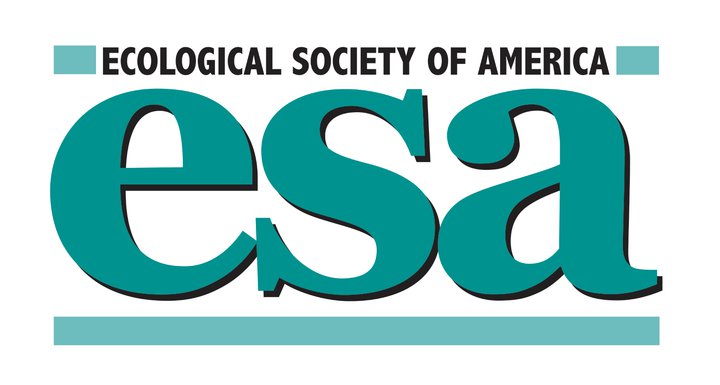Location
The Ecological Society of America (ESA) is a nonpartisan, nonprofit organization of scientists founded in 1915 to:
- promote ecological science by improving communication among ecologists;
- raise the public’s level of awareness of the importance of ecological science;
- increase the resources available for the conduct of ecological science; and
- ensure the appropriate use of ecological science in environmental decision making by enhancing communication between the ecological community and policy-makers.
Ecology is the scientific discipline that is concerned with the relationships between organisms and their past, present, and future environments. These relationships include physiological responses of individuals, structure and dynamics of populations, interactions among species, organization of biological communities, and processing of energy and matter in ecosystems.
Members:
Resources
Displaying 41 - 45 of 47Can the UN Convention to Combat Desertification guide sustainable use of the world's soils?
Soils are a vital substrate for agricultural production, play a central role in regulating the global carbon budget, and are a valuable source of biodiversity. Yet estimates of the global area affected by soil and land degradation are continuing to increase. For decades, soil scientists have called for a legally binding, international policy framework to guide the sustainable use of soils, but a piecemeal legislative approach has prevailed instead. With over 200 international environmental agreements currently in force, there is political reluctance for another one.
Putting people in the map: anthropogenic biomes of the world
Humans have fundamentally altered global patterns of biodiversity and ecosystem processes. Surprisingly, existing systems for representing these global patterns, including biome classifications, either ignore humans altogether or simplify human influence into, at most, four categories. Here, we present the first characterization of terrestrial biomes based on global patterns of sustained, direct human interaction with ecosystems. Eighteen âanthropogenic biomesâ were identified through empirical analysis of global population, land use, and land cover.
Ecological consequences of rapid urban expansion: Shanghai, China
Since China's economic reform in the late 1970s, Shanghai, the country's largest and most modern city, has experienced rapid expansion and urbanization. Here, we explore its landâuse and landâcover changes, focusing on the impacts of the urbanization process on air and water quality, local climate, and biodiversity. Over the past 30 years, Shanghai's urban area and green land (eg urban parks, street trees, lawns) have increased dramatically, at the expense of cropland.
Land Ownership and LandâCover Change in the Southern Appalachian Highlands and the Olympic Peninsula
Social and economic considerations are among the most important drivers of landscape change, yet few studies have addressed economic and environmental influences on landscape structure, and how land ownership may affect landscape dynamics. Watersheds in the Olympic Peninsula, Washington, and the southern Appalachian highlands of western North Carolina were studied to address two questions: (1) Does landscape pattern vary among federal, state, and private lands?
Importance of GIS to CommunityâBased Management of Wildlife: Lessons from Zambia
Wildlife resources under the protective custodianship of skilled managers can thrive and sustain important revenues. Such custodianship is generally lacking among communal rural societies in Africa because of land use policies that overlook the capacity and the practical importance of actively engaging these societies in wildlife management. In Zambia participation by local village communities in this management is recognized as a prerequisite for wildlife development and conservation.


